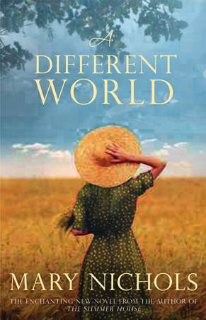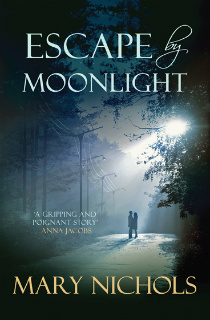Taking it on the chin
 I asked a few author friends how much store they set by reviews and received mixed replies. Some said they read them and would be put off by a bad review, others said they might read them and ignore them if they liked the sound of a book or if it had been recommended. One or two said they never read them.
I asked a few author friends how much store they set by reviews and received mixed replies. Some said they read them and would be put off by a bad review, others said they might read them and ignore them if they liked the sound of a book or if it had been recommended. One or two said they never read them.
I would by lying if I said I did not enjoy good reviews and I have had my share of those, for which I am grateful. I don't mind criticism, you can’t please all of the people all the time and the bad reviews I take on the chin, shrug my shoulders and carry on, but sometimes the temptation to defend one's brainchild is almost overwhelming. Maybe the reviewer got out of bed on the wrong side, maybe they are naturally grumpy people, maybe the book was the wrong one for them, maybe I hit a chord that upset them. Who knows? They are entitled to their opinion.
I write books set in the second world war, a time I am old enough to remember vividly. When a critic writes that my characters show no emotion when people die or are lost, except shed a few tears and carry on, that was how it was. There was emotion, lots of it, but the legendary British stiff upper lip kept it hidden. You didn’t have time to grieve for long.
The question of illegitimate babies has cropped up more than once too. It happened. It was frowned upon and girls were often sent away to have the child elsewhere, as happened in The Summer House, or beaten and disowned as Louise was in A Different World or isolated from family and friends as in Escape by Moonlight, but illegitimate births were happening more and more often with men going off to fight and making the most of their leave before they went, and many of the men came from abroad and were far from home. Society was becoming a little more tolerant and you did find parents and friends helping out instead of condemning.
Attributing modern ideas and manners to historical characters, is something reviewers often do and then complain that the heroine doesn't stick up for herself.
People did not think or behave in the same way in Georgian or Regency times as they do today or even as they did in Victorian times or the twentieth century. It is fascinating to see how attitudes have changed over the centuries and how women have come into their own, particularly through two world wars, which changed everyone's lives.
I ignore bad reviews in the hope that the good ones more than tip the balance, but I was particularly pleased when one reviewer answered a criticism for me, explaining why my heroine continued in a loveless marriage in the time between the two world wars. You married for better or worse and as it was often said, 'You made your bed, you must lie in it.'
Thank goodness I have no real cause for complaint.
